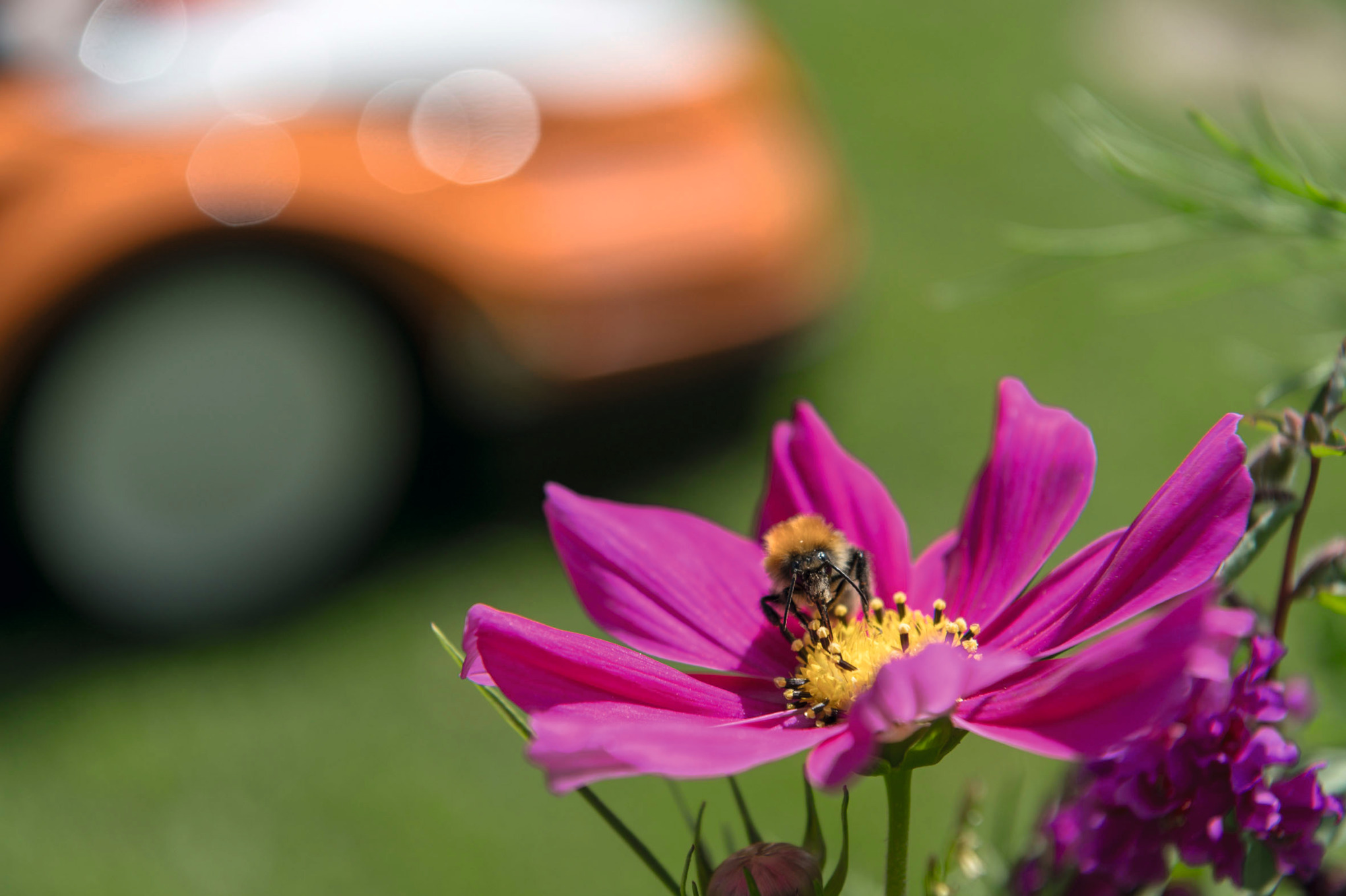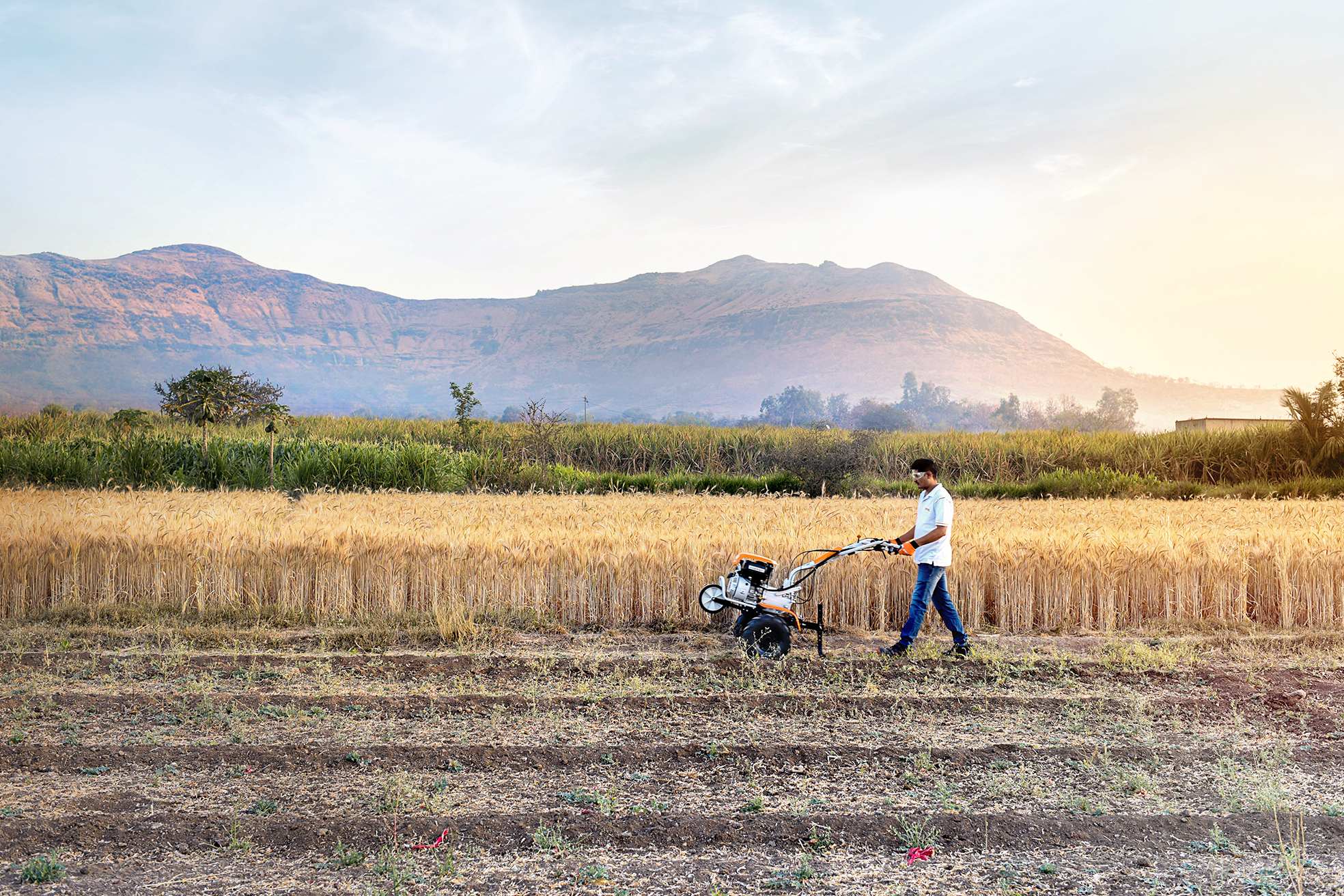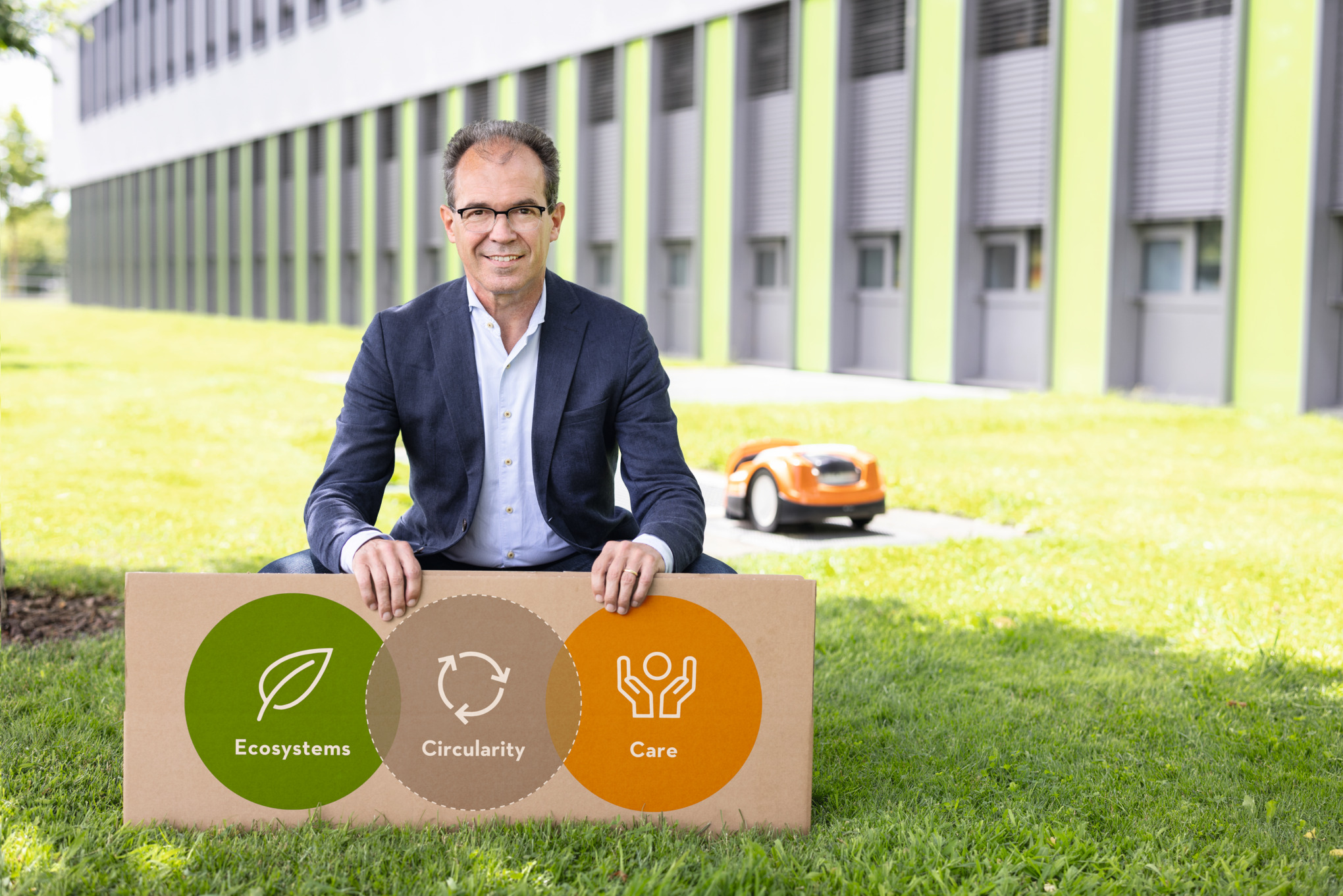Biodiversity in the world’s ecosystems has been declining at a worrying pace for years. The European Union has therefore set the objective of restoring biodiversity as part of the European Green Deal. A biodiversity strategy aims to achieve this by 2030; at STIHL, the trend radar highlighted the issue at an early stage. Product Approval at STIHL (2/CZ2) continuously tracks new laws and developments in the markets to enable opportunities and risks for STIHL to be identified in good time. It quickly became clear that the measures aimed at stopping biodiversity loss are highly relevant, especially for local authorities – an important target group for STIHL. But what does this mean for STIHL power tools and their use?
To address this question, an interdisciplinary project team was put together in 2021. Its members are drawn from Materials Technology, Pre-Development, Marketing, Sales and Corporate Communications. In collaboration with the University of Trier and the Institute for Applied Materials Flow Management (Institut für angewandtes Stoffstrommanagement, “IfaS”), the project team investigated how municipal areas can be maintained and managed in the most biodiversity-friendly way possible. To ensure that this complex topic is also dealt with in a scientifically well-founded manner, the opinions of independent experts are regularly incorporated. Project Manager Hiller von Gaertringen explains: “Public authorities have tremendous potential to make their outdoor spaces – such as parks, green areas, athletic fields, or cemeteries – more biodiverse. Our project has given us valuable insights into how this potential can be realized even more effectively with modified products, as well as new applications or services.”




